Last month I posted about “weasel words”—those unnecessary words that sneak into your manuscript. These weasels have companions that accompany them. Their friends are phrases or words that spoil the ‘show vs. tell’ aspect of your work.
I’m talking about words like:
thought wondered felt
knew saw noticed
observed realized noted
These sneaky words are sometimes useful, but they can make our writing lazy. Instead of showing what happened, we simply say it occurred.
Example:
She wondered if the fabric would make a warm winter cloak.
That’s not a bad sentence. We have a picture of what’s happening. But add some details, and it becomes a masterpiece instead of a rough sketch. Create a word picture for the reader. Show her exploring the idea by fingering the fabric thickness, draping it around her shoulders to test the warmth, or asking a clerk in a section of dialogue. These actions show instead of tell.
Another type of weasel phrase can show up as an action or emotion tacked on to a sentence.
Example:
She nodded in agreement.
Adding “in agreement” becomes redundant since a nod means she agreed.
She reached out to grasp the handle.
Can you spot the weasel phrase in this sentence?
“Reached out to” is an extra phrase since the word ‘grasped’ describes the movement. If you want to show the reader why or how she grasped the handle, expand it with a better word picture.
I know, these are picky little things, but learning to write tight sentences that show action will make your manuscript more exciting.
Exercise:
Try writing a sentence or paragraph to show the action intended by each of the words I listed. Create the image in the reader’s mind as you paint the scene with your words.
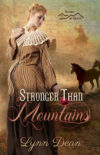
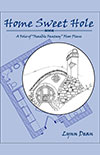
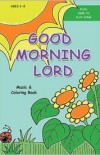
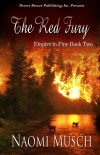
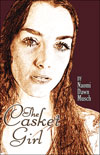
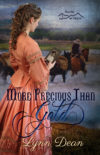
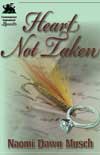
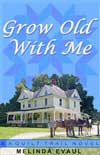
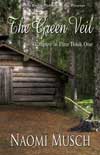

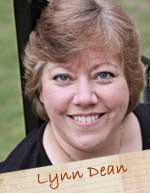
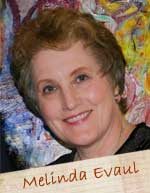
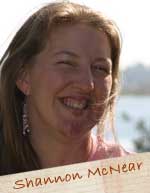
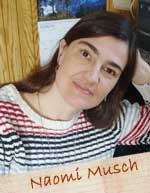
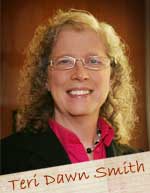
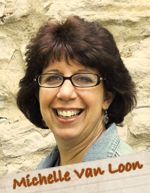
Speak Your Mind
You must be logged in to post a comment.